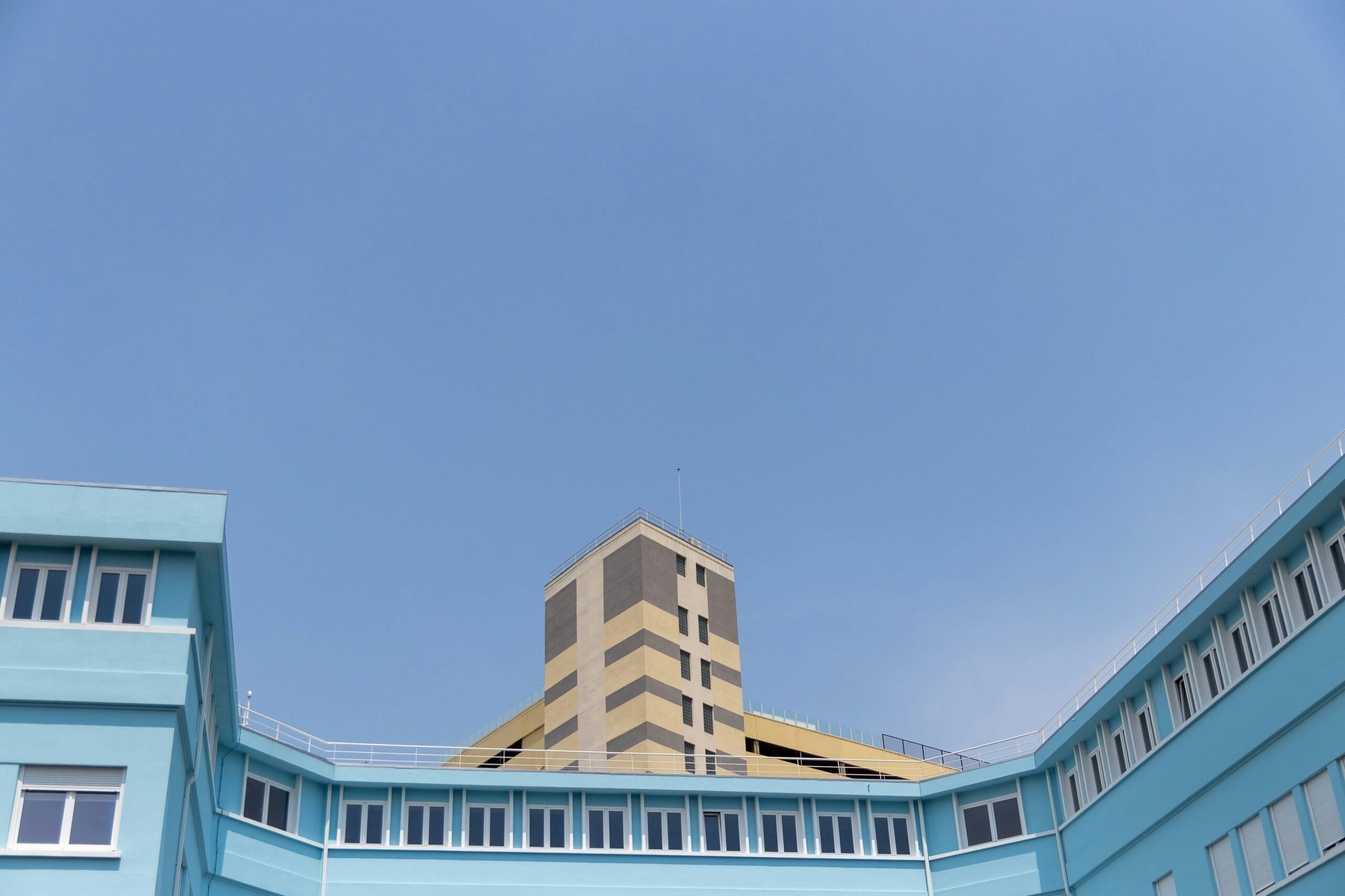ADB approved $106.9M to boost Sri Lanka’s secondary care, disease control, and governance. A $100M loan and $6.9M grant will fund hospital upgrades, integrated referral systems, a disease control center, lab accreditation, digital procurement, and pharma logistics, enhancing universal coverage and resilience.
The Asian Development Bank has approved a $106.9 million financing package to strengthen Sri Lanka’s healthcare system, addressing evolving health challenges through comprehensive reforms targeting secondary care, disease prevention, and governance improvements. The funding comprises a $100 million ADB loan and a $6.9 million grant from the Pandemic Prevention, Preparedness, and Response Trust Fund, reflecting the institution’s commitment to enhancing universal health coverage in the region.
As ADB Country Director Takafumi Kadono noted, while Sri Lanka has achieved impressive progress in healthcare access and quality, demographic shifts including rising longevity and changing lifestyles have created new challenges. The growing prevalence of noncommunicable diseases and elderly care needs demands more robust secondary care infrastructure capable of delivering patient-centered treatments with enhanced case management capacity.
The Results Based Lending program will transform secondary healthcare into an integrated first referral system, improving coordination with primary care facilities while upgrading hospital infrastructure to meet quality, climate resilience, gender responsiveness, and elderly-friendly standards. Beyond service delivery improvements, the initiative establishes a center for disease control, strengthens public health laboratory capacity and accreditation mechanisms, and implements cross-sectoral integrated disease surveillance systems.
The program also addresses governance challenges by enhancing pharmaceutical logistics, digitalizing government procurement systems, and institutionalizing good procurement practices to strengthen integrity across the pharmaceutical regulatory and supply chain. These comprehensive improvements will benefit Sri Lanka’s entire population, enabling healthy individuals to pursue educational and economic opportunities while contributing to broader societal development through a more resilient and effective healthcare system.


